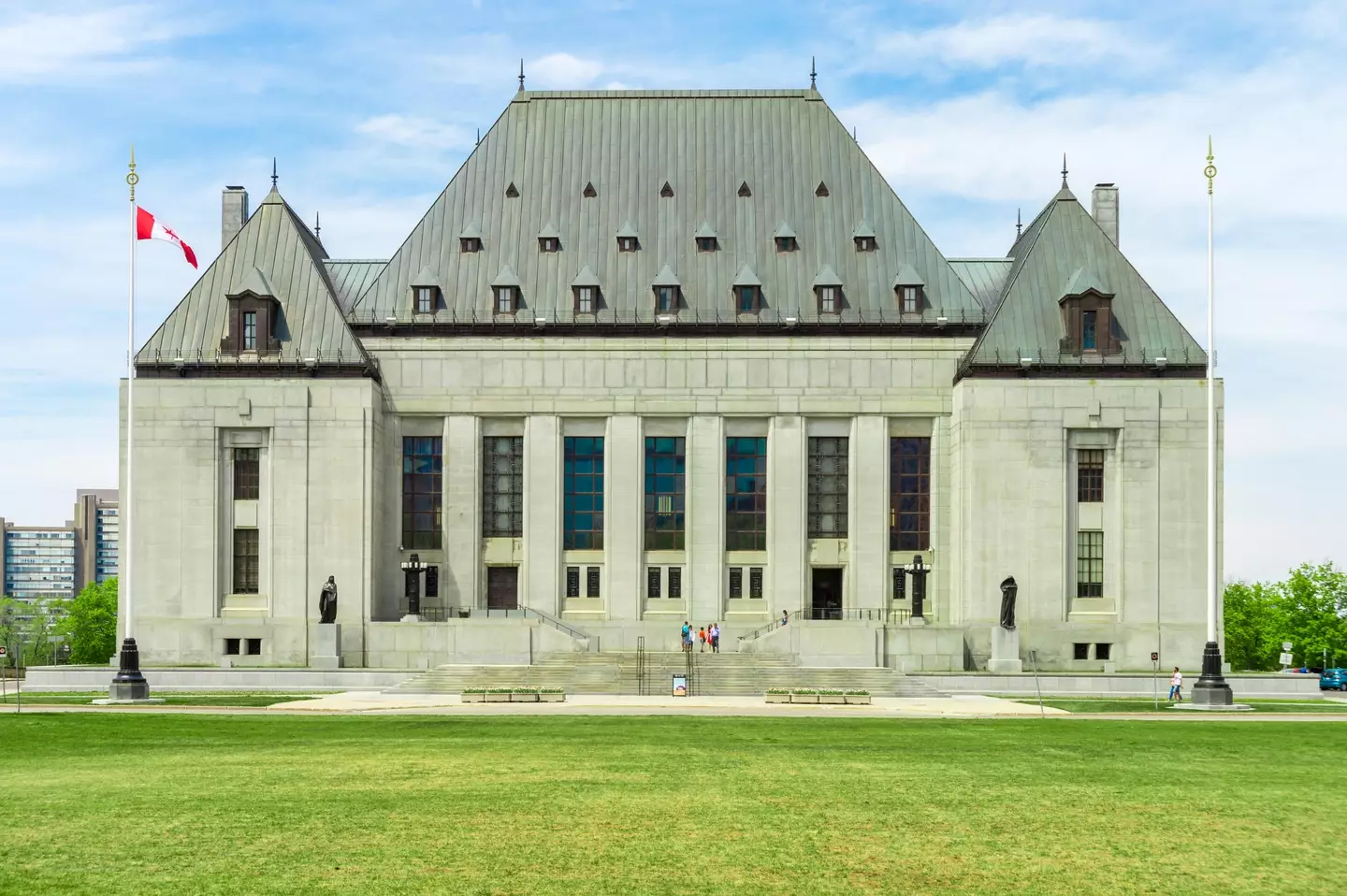
The Supreme Court in Canada has ruled that it’s legal to lure pedophiles online with fake adverts.
The highest court in the judicial system in the country has ruled that police investigations targeting adults who attempt to have sex with children do not constitute police entrapment.
In a unanimous decision, the court dismissed appeals from four men from Ontario who were convicted of child sex offences as a result of an investigation by York Regional Police.
Dubbed ‘Project Raphael’, undercover police officers posed as teenage escorts on a website from 2014 to 2017 which they suspected was the hub for child sexual exploitation.
Advert

The undercover officials posted adverts which offered the site’s users to have sex with an 18-year-old girl - which is past the legal age of consent of 16 in the country.
Once the fictional woman agreed to have sex with an individual, she - or rather, the police officer - would reveal that she was actually as young as 14 years old and thus a minor.
Those who still agreed to have sex with the child anyway went to meet her at a hotel room - or so they thought.
All 104 men who agreed to meet the fictional child were arrested.
The men charged were between the ages of 18 to 71, while many of the men were married and had varying professional backgrounds.

Almost all of the men charged were first-time offenders.
The Ontario-based men Corey Daniel Ramelson, Muhammad Abbas Jaffer, Erhard Haniffa and Temitope Dare had their appeals of police entrapment - where the state or police authorities induce someone to commit a crime they wouldn’t have otherwise committed - dismissed by the Supreme Court.
This investigation marks the first in the province to target sex offenders through fake ads to lure offenders, with the issue with the case previously being whether the type of investigation could be seen as entrapment.

The ruling stated that in order for investigations to be considered genuine, authorities must have ‘reasonable suspicion over a sufficiently precise space’ that criminal offences are taking place there, while such police actions are being taken in a bid to ‘repress crime’.
The court also ruled that careful thinking is essential behind online investigations, as cases like that of Project Raphael are broad and could see a ‘profound invasion into people's lives’ following the case.
If you’ve been affected by any of these issues and want to speak to someone in confidence regarding the welfare of a child, contact the NSPCC on 0808 800 5000, 8am–10pm Monday to Friday, 9am–6pm weekends. If you are a child seeking advice and support, call Childline for free on 0800 1111
